The NYPD’s Policy of Handcuffing Nearly Everyone Arraigned Violates Civil Rights, Lawsuit Alleges
By Reuven Blau, THE CITY | Editorial Credit: Ron Adar / shutterstock.com
The city’s largest public defender group says the practice of restraining people accused of nonviolent crimes behind their backs for initial court appearances is dehumanizing and prejudicial.
The NYPD’s relatively new policy of handcuffing almost all people during their first court appearance unfairly violates defendants’ civil rights, according to a class-action lawsuit filed late Thursday by the city’s largest public defender group.
The Legal Aid Society contends the practice defies the due process standard enshrined in the U.S. Constitution, and is “dehumanizing” to people who should be considered innocent until proven guilty.
“When we bring someone into court with their hands bound behind their back, in front of a judge, we’re sending the false message that that person is dangerous and untrustworthy,” said Legal Aid staff attorney Lindsey Smith, who is handling the lawsuit filed in Manhattan Supreme Court.
The arraignment process is the first legal proceeding against someone facing criminal charges. They are brought before a judge, informed of the charges and their legal rights, and either released or locked up pending trial.
The suit found its lead plaintiff just moments before being filed: Jarret Allen, 24, from Harlem, was arraigned in Manhattan Criminal Court on Thursday on charges of petit larceny and possession of stolen property.
Despite his “imminent release” after the arraignment, Allen, who has no prior criminal history, was handcuffed behind his back during his first court appearance, the lawsuit says.
Allen, who is Black, is just one of many people of color who are disproportionately hurt by the handcuff policy, the court case argues. More than 80% of people arrested for crimes in New York City are Black or Hispanic according to the NYPD.
“The NYPD’s restraint policy treats nearly every person who has been arrested as untrustworthy and dangerous,” the lawsuit says. “Thus it treats primarily people of color as untrustworthy and dangerous.”
Others handcuffed have physical disabilities or are even children whose cases are later moved to Family Court, the court case says.
That has forced Legal Aid lawyers to do everything from wiping a handcuffed client’s runny nose to pulling up their pants, the lawsuit states.
“The accused person also cannot accept key documents from their lawyer and review them to, for example, ensure the accuracy of the information that the judge will rely on to decide whether to impose bail,” the filing adds. “Nor can they hold onto copies of documents their attorneys would like to give them with their hands cuffed behind their backs. Instead, attorneys must put papers directly into clients’ pants pockets or hand papers to the police to give [to] clients later, which violates the client’s privacy.”
‘A Safety Issue’
The move to restrain more people pre-arraignment began about three years ago.
“Starting in or around 2021, the NYPD implemented a policy of presumptively
handcuffing every person it transported to arraignment for the duration of their arraignment,” according to the lawsuit.
Legal Aid threatened to sue over the policy at the time, the suit notes. As a result, in November 2023, the NYPD rescinded the policy and put out a new directive giving cops the “discretion” to decide whether to handcuff a person at arraignments, the court papers say.
But nothing actually changed, according to the public defenders.
And on May 22 of this year the NYPD issued another new restraining policy “reverting to arbitrarily handcuffing every person at arraignments,” Legal Aid alleges.
Representatives for the city’s Law Department and NYPD did not immediately respond to a request seeking comment on the suit.
One former law enforcement labor leader defended the handcuffing policy, saying it was necessary to protect people in the courtroom.
“It’s a safety issue,” said Dennis Quick, a former president of the Court Officers Association.
He noted that the defendants are usually not handcuffed in front of a jury and argued that judges handling the arraignment have basic information about each case and can make their own fair assessments.
“Legal Aid should go f-ck themselves,” he added.
The lawsuit notes that an average of 388 people were arraigned each day throughout the city last year.
Arraignments typically last just a few minutes but they can have major long term consequences depending on what the judge rules, the lawsuit contends.
The judge can send someone to jail on Rikers Island until trial — with or without the ability to get out by paying bail — or impose some type of supervised release requiring them to check-in with a social worker.
In some cases, the judge can require the defendant post some type of bail to ensure they return to court.
The suit is asking that a judge invalidate the NYPD’s policy and to block anyone from being handcuffed during an arraignment “without an individualized judicial finding and necessity.”
During subsequent court appearances, a judge can determine the person must be handcuffed or put in other more restrictive restraints. Judges base those decisions on the person’s prior history in court.
Of course, not all people are handcuffed during their arraignments.
Former President Donald Trump was unrestrained at his first court appearance in Lower Manhattan last year.
But Legal Aid is specifically challenging an NYPD policy that only applies to people they transport to court. Trump voluntarily turned himself in for a scheduled court appearance after his indictment was made public.
Still, the majority of people arrested and handcuffed at their arraignment are Black and Hispanic.
“We know that the brunt of punitive criminal justice policy falls on people like our clients, who are majority people of color,” said Legal Aid’s Smith. “And I think that just illustrates, again, how deeply damaging this practice is to arbitrarily and indiscriminately handcuff them.”

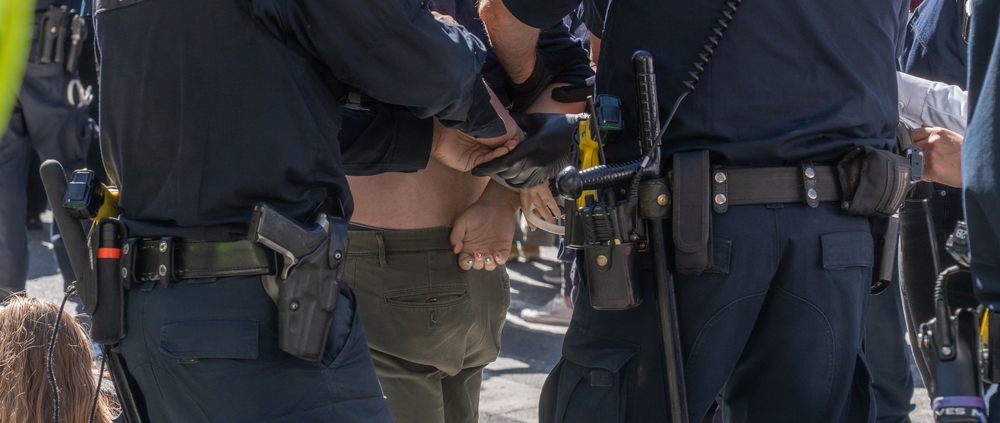


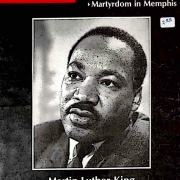
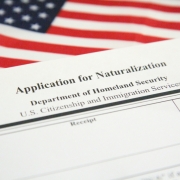
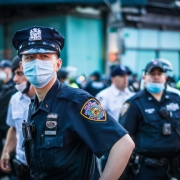
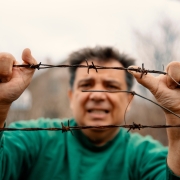

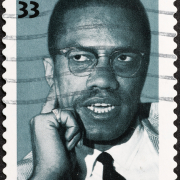


Leave a Reply
Want to join the discussion?Feel free to contribute!